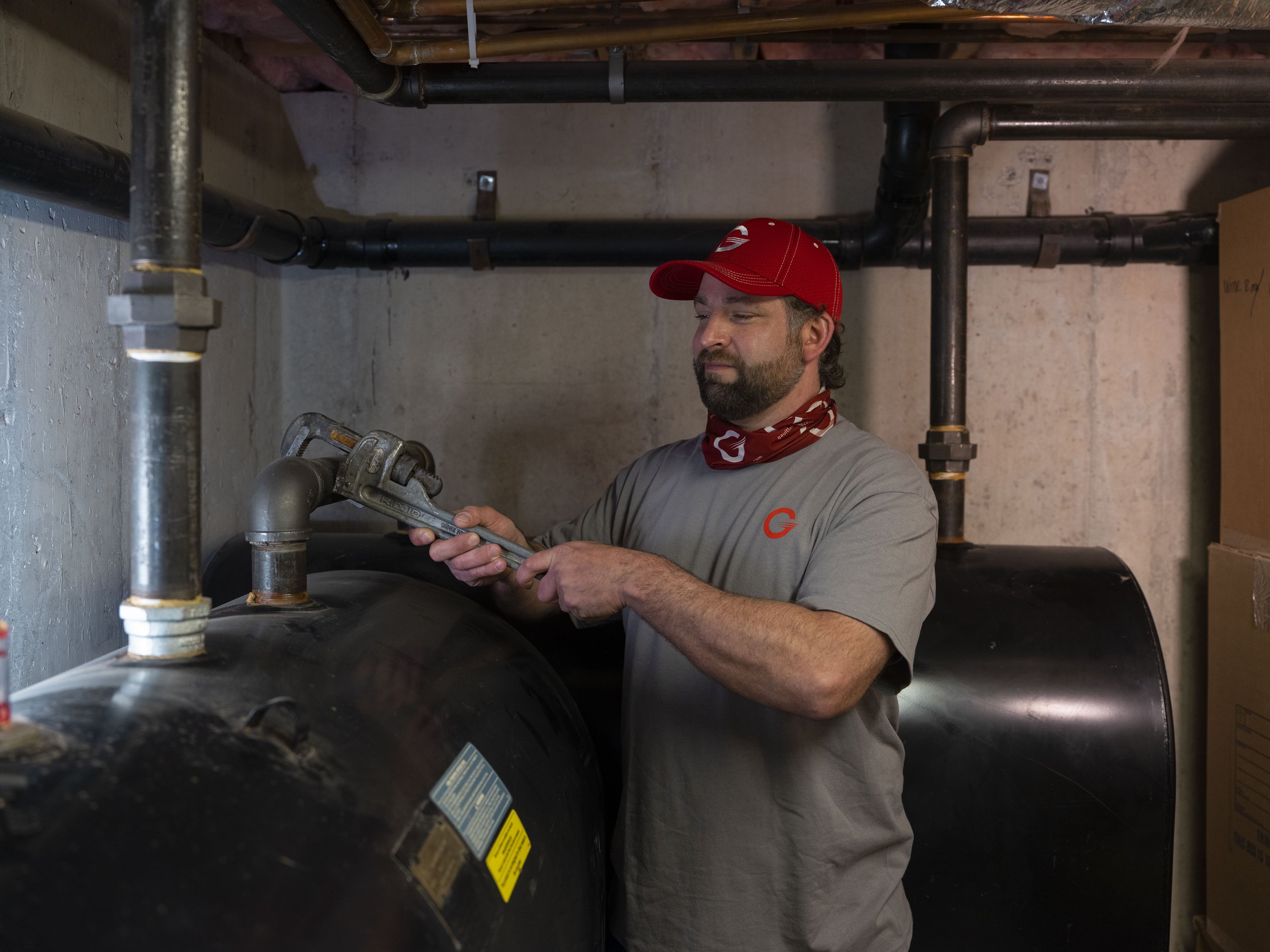Is your home ready for Fall months and the cold winter months ahead?
Not only will your home be prepared, you might even see long term savings on your home expenses!
Inspect your home heating system for age and needed maintenance
Newer and more efficient boilers and heating systems can save up to 40% of your annual fuel consumption. Reach out to Gault Energy & Home Solutions to evaluate and service your current system.
Check and clean gutters to ensure proper water drainage away from your roof and foundation
Install a smart thermostat to customize your heating and cooling use and understand your biggest energy drains in your home
Speak with one of our Gault Energy & Home Solutions technicians before purchasing to ensure you have the right model for your home along with proper installation.
Drain all hoses, outdoor faucets, and sprinkler systems before fall’s first freeze
Winterize your yard and outdoor accessories before planning for spring
Consult with Gault Stone & Landscape Supplies to expand your livable space outside with cozy fire pits, versatile patios, and more! Visit gaultstone.com for inspiration and to get started!
Check windows, doorframes, and insulation to prevent heat loss






















